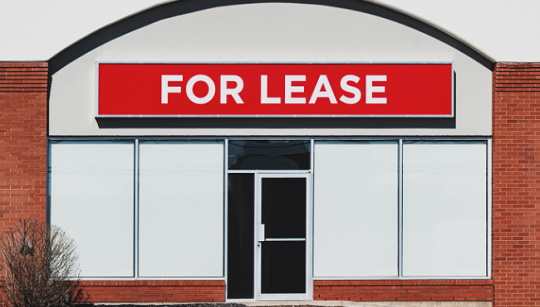Ten Traps For The Unwary Tenant

Are you a tenant of a retail unit? Then read on for tips on how to deal with your lease.
Rent Payment
Most leases that last for longer than three or four years will have a rent review. This usually allows the landlord to increase the rent to an “open market rent” or in accordance with fixed increases set out in the lease. If you think that your landlord is attempting to increase your rent when they are not entitled to do so we can check your lease and advise you on your rights.
Renewing Your Lease
If you are in the process of “renewing” your lease (taking a new lease because your old lease of the same premises has expired) then we can assist you with the process. If you have security of tenure your landlord cannot force you to take a new lease that is on substantially different or more onerous terms than your current lease.
Break Clauses
Do you want to bring your lease to an end early? If you have what is known as a “break clause” in your lease then you may be entitled to do so, but there are usually strict requirements about how you need to go about terminating your lease. It is important that you ask an experienced commercial property solicitor to help you with this process. If you get it wrong you might find yourself paying rent for the rest of the term of your lease!
Repairs
Take advice before entering into your lease on the extent of your repairing liabilities. These can range from internal only to full responsibility for the structural repair of the building. If your lease is coming to an end soon we can review it and advise you of the condition that you will be expected to leave your premises in. If you ignore your repairing responsibilities you could face financial penalties.
Service Charge
Many tenants ignore these provisions when they sign up to their lease but high service payments can often force a tenant out of business. If you are unhappy with the service charge that your landlord is charging then let us take a look at your lease, as it is possible your landlord is not complying with his obligations to charge proper and reasonable costs. However, it is always best to take advice before rather than after signing up to your lease!
Security of Tenure
As a business tenant you will, in certain circumstances, have the automatic right to request a new lease at the end of the term of your current lease. If you want to stay in occupation and your landlord is trying to force you out then get in touch with us - we can advise you on your options and your legal rights.
Insurance
Make sure you know who is responsible for insuring your premises. Often it is the landlord but have you checked that they are actually doing so and what risks are covered? If your premises are damaged and you are having difficulty claiming under your landlord’s policy, speak to us as we might be able to help you take action against them for breaching their insurance obligations.
Assigning and Subletting
If you have no right to end your lease early but you still want to move out of your premises then your lease may allow you to assign (transfer) your lease to another business or grant another business a sublease. You are likely to need your landlord’s formal consent and we can help you with obtaining this.
Alterations
Do not forget that your lease may prohibit alterations without your landlord’s consent. We can help you obtain the correct form of “licence” for any works that you wish to carry out.
Interest Charges
Be careful, as most leases will allow the landlord to charge substantial interest if the tenant is late with rent or other payments. Some leases allow 14 or 21 days before interest can be charged on late payments, others allow the landlord to charge interest immediately. If you are not sure, speak to us and we can check that the landlord is not charging interest when they are not entitled to do so.
If you would like to disucss your lease please feel free to contact Lynn Norris on 01943 6011736 or LynnNorris@rdcsolicitors.co.uk


